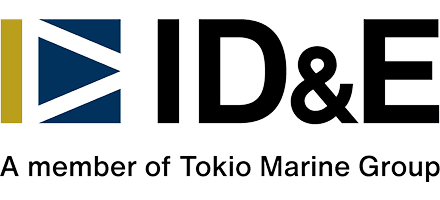
ID&E Group

Solutions:
Practically speaking, GLOBIS was the only provider capable of offering the same program to both our Japan-based and overseas subsidiaries. This universality matters.
Founded in postwar Japan as Nippon Koei, ID&E has long focused on infrastructure development, with over 5,500 projects in over 160 countries and regions annually. With the expansion and growth of its overseas businesses, ID&E Group has made leadership development a core priority—not just at headquarters, but across subsidiaries in Africa, South Asia, and beyond.
To strengthen business capabilities across regions, the company selected a small group of emerging leaders to join the GLOBIS Global Management Program (GMP), a 12-week cross-industry online course.
The GMP is a live, online management course designed to equip mid-level managers with essential business skills—from leadership and strategy to finance, marketing, and critical thinking. Through weekly, case-based sessions with peers from diverse industries and geographies, participants gain not only practical tools but also a broader perspective on how to lead effectively across functions and cultures.
We spoke with Kazushi Endo, Deputy Director General of the ID&E Global Academy, and Masami Yoshida from the Human Resource Development Department at Nippon Koei Business Partners, along with Akbar Ahmed, a GMP participant from Koei Africa, to understand how the program is helping the company build a stronger global bench.
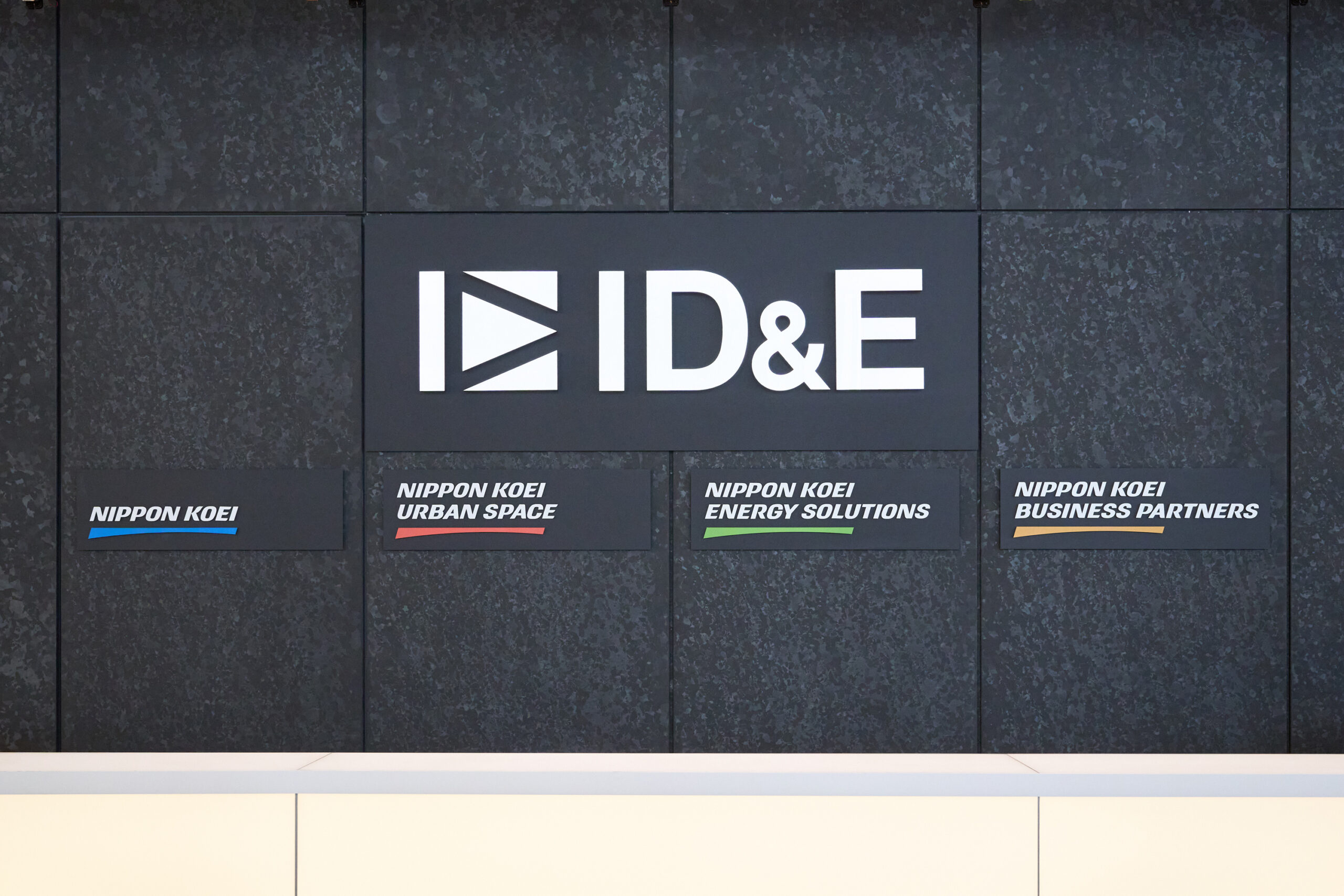
“We are a group of engineers. Most of our people are either engineers or consultants. They’re passionate about their technical expertise and take pride in being leading figures in their fields. However, not all engineers are able to approach projects from a management perspective. It was only through formal education that I gained business acumen.”
— Kazushi Endo, Deputy Director General, ID&E Global Academy
ID&E Group’s legacy is built on technical strength. But the group’s ambitions are increasingly global, and its HR leaders know that strong engineering alone won’t get them there. As global projects grow in scale and complexity, the company has identified a key gap: many talented engineers must acquire and hone the business fluency needed to lead multidisciplinary teams across regions.
“To drive global business growth, our overseas subsidiaries must become even stronger. We need leaders who can deliver consistent performance regardless of country or region. Specifically, they need global awareness, a solid personal compass, and the flexibility and determination to adapt to unfamiliar situations,” says Endo.
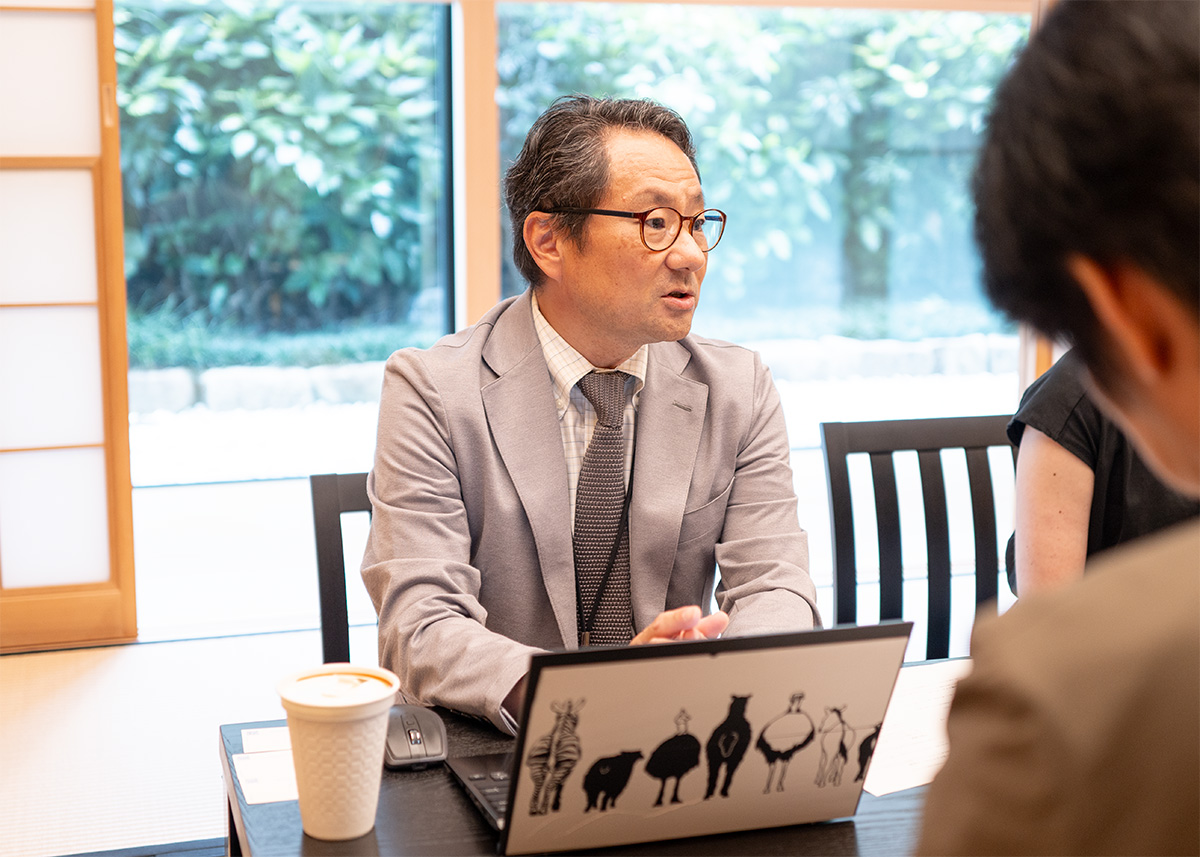
The goal is to develop individuals who can lead effectively anywhere in the world—regardless of background. That requires more than technical know-how. It calls for communication skills, cross-cultural awareness, and a shared business language across the group.
“Some of our overseas leaders voiced the need for a program that selects and develops future executives not only from Japan but from local subsidiaries as well.”
— Masami Yoshida, Human Resource Development Dept.
The HR team at ID&E Group had previously worked with GLOBIS on domestic training programs like the Middle Management Program (MMP). When the need arose to develop overseas-based talent, GMP stood out for its cross-industry structure, case-based discussions, and ability to host Japan-based and global participants in the same cohort.
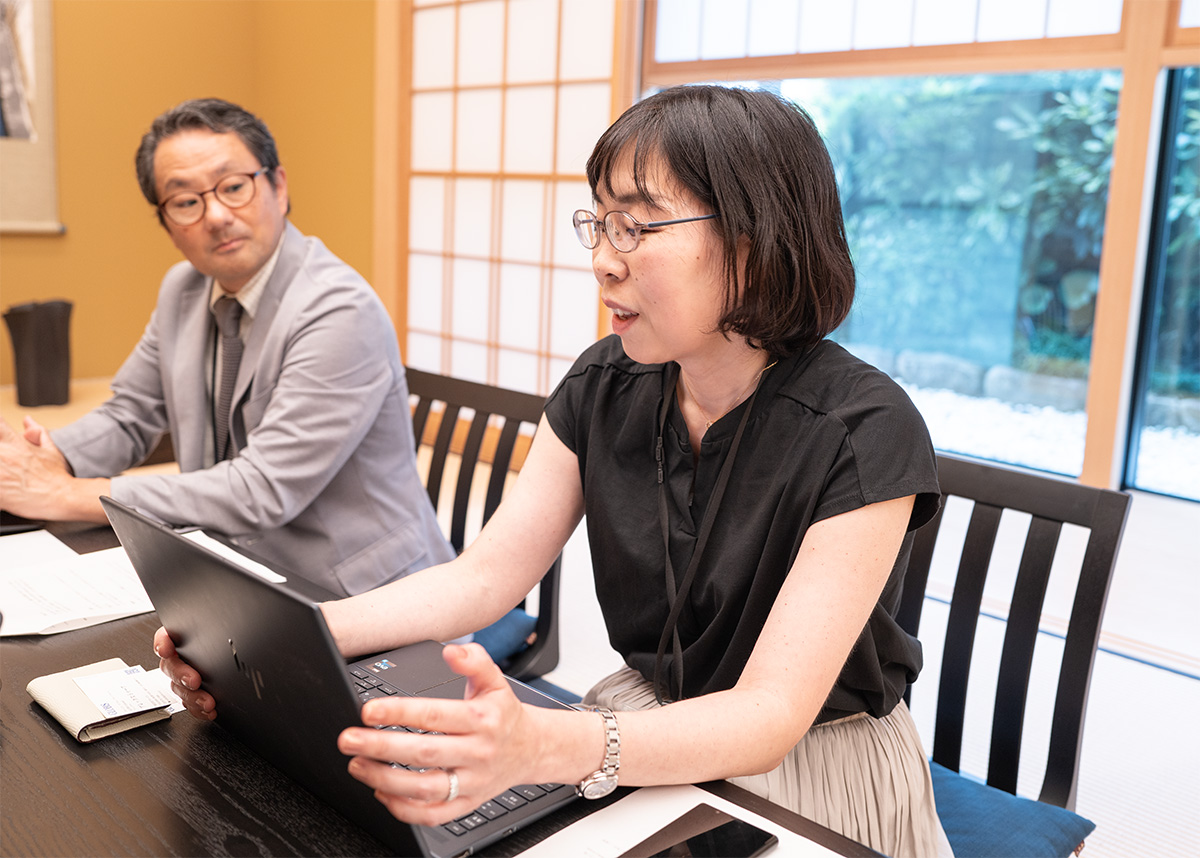
“We were drawn to GMP’s structured curriculum, which helps leaders gain essential business skills. We also valued the cross-industry nature of the program,” said Endo. “It’s not just about learning for personal satisfaction—it’s also about learning from others and benchmarking against different standards to avoid becoming siloed.”
That diversity was a key factor. Participants learn alongside peers from other companies and sectors, gaining exposure to unfamiliar viewpoints and business contexts. This helped ID&E Group’s technical specialists step outside their own frame of reference.
“Practically speaking, GLOBIS was the only provider capable of offering the same program to both our Japan-based and overseas subsidiaries. This universality matters,” notes Endo.
Although the original plan focused on mid-level managers, the final cohort included a director-level participant from Bangladesh.
“I was unsure at first, but after checking with the GLOBIS consultant, I learned that other companies also sent directors, which elevated the class discussions. The participant from Bangladesh said the program was highly educational and helped him reevaluate his role. Despite his seniority, receiving feedback from other participants helped him rediscover a beginner’s mindset and expand his perspective,” Endo adds.
“I joined GMP at a point in my career where I felt stuck. The program gave me the push I needed.”
— Akbar Ahmed, Technical Dept., Koei Africa
Akbar Ahmed, a project manager at Koei Africa, was one of the four participants selected for the GMP. Based in Nairobi, he had been with ID&E Group for over a decade, rising from GIS support technician to project manager. When the company nominated him for GMP, he was in the middle of transitioning into a new leadership role.
While his team was strong technically, he initially struggled with communication, financial planning, and running meetings that led to clear outcomes. “Even with capable people, achieving cohesive collaboration and consistent delivery was not easy,” Ahmed notes.
GMP gave him structure and clarity—especially in critical thinking and facilitation.
“Before going into a meeting, you need to be clear about the outcome you want to achieve. That intended conclusion should guide the entire discussion. If you walk in without a clear objective, the conversation can easily go off track.”
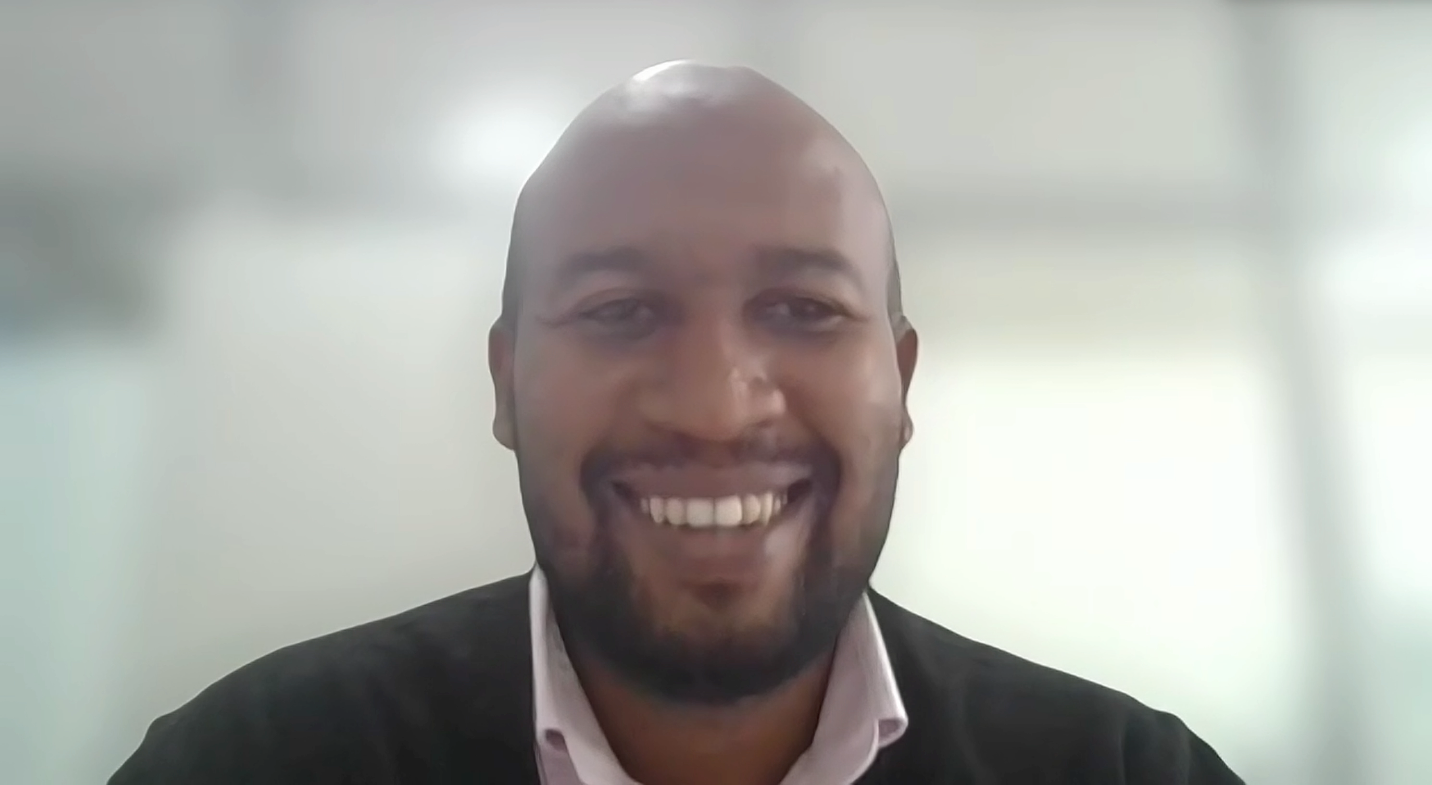
Ahmed also found value in learning from peers from India, Singapore, and beyond. Exposure to different work styles and expectations sharpened his cultural awareness—especially in how others balance commitments and execution.
At first, the experience was intimidating.
“Before the first class, I felt overwhelmed. I knew I would be sharing the classroom with managers, and I expected it to be highly competitive. There was a certain level of expectation going into the course,” Ahmed shares.
But as the sessions progressed, the structure, peer interaction, and faculty guidance helped him grow more confident. “The course was well-structured. Each lecture had a clear agenda, so you knew in advance what topics would be discussed. That structure helped create a productive learning environment.”
GMP’s interactive format also made engagement visible. As Endo points out, “Like MMP, GMP evaluates both the quantity and quality of participant contributions, which are made visible to all. This ability to monitor engagement and discussion performance is extremely effective.”
“What made it stand out was that, for the first time, I was in a learning environment where the lecturers weren’t just teaching theory. They were people who had real-world experience and had actually applied what they were teaching.”
Shortly after completing GMP, Ahmed put his learning into action during a meeting with a subcontractor that had stalled. Applying his takeaways from the GMP course, he planned and facilitated a meeting with a clear purpose in mind.
“I was able to clearly identify and frame the problem, ensure that everyone in the meeting understood it, and guide the team toward a conclusive discussion on how to move forward.”
Ahmed says he uses insights from the facilitation module every day. “I now manage meetings more effectively. That exposure has made a real difference in my day-to-day work,” he notes.
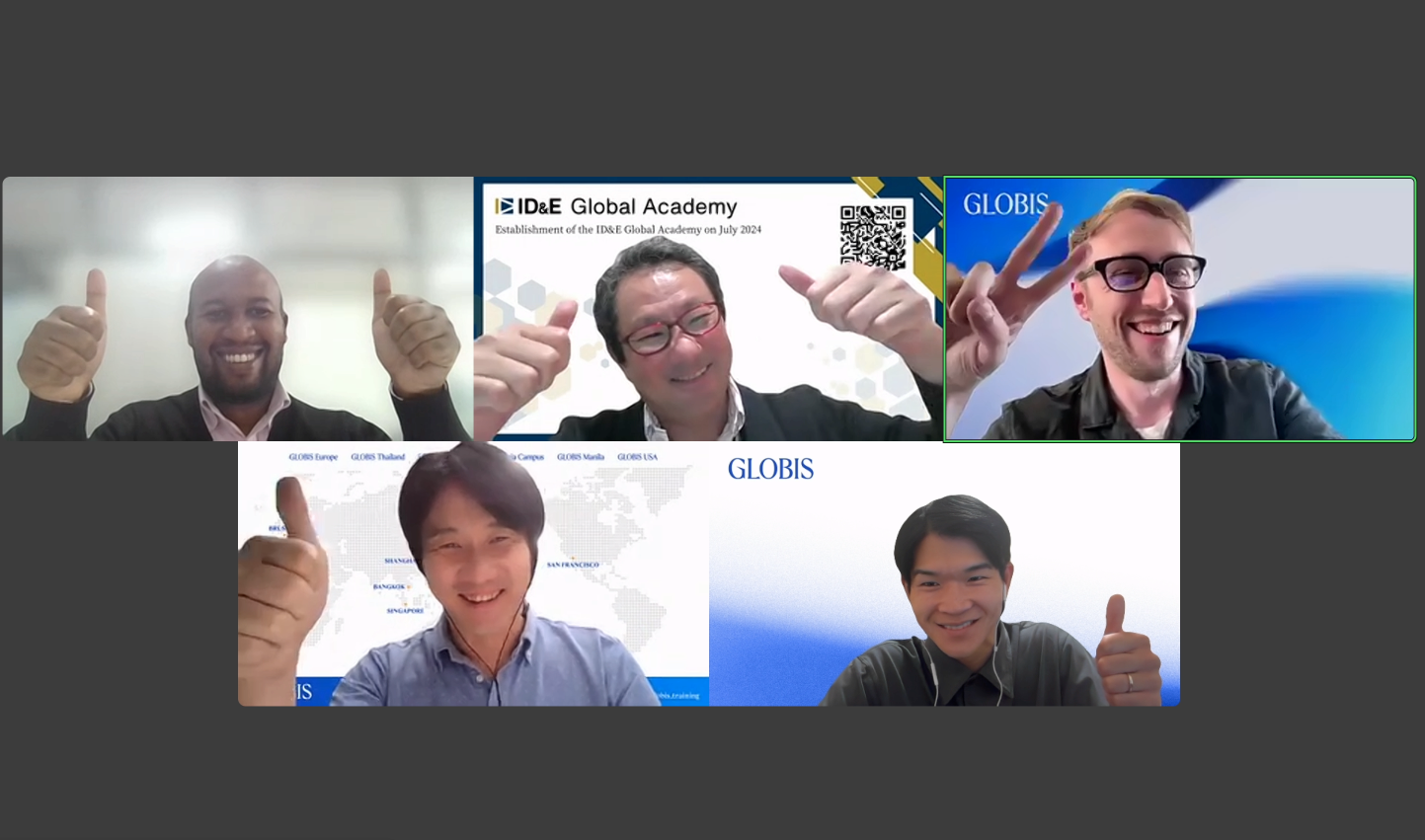
“We’ve already seen positive behavioral changes in participants.”
— Masami Yoshida
The HR team tracked feedback and follow-up from participants across regions. Ahmed used GMP’s facilitation techniques to help solve a team conflict. Another participant applied finance concepts to reshape their business development approach.
“Motivation and engagement rose significantly. I realized that for overseas employees, being selected for a Japan-headquartered program carries immense prestige—perhaps more than we in headquarters even realize,” says Endo.
Another plus was that having teams across geographies access the same high-level training content helped unify standards across offices.
.jpg)
“If I were to summarize GMP in three words: initiative, practicality, and global perspective,” said Yoshida. “Initiative because the program is designed to draw it out. Practicality because participants gain actionable skills. Global perspective because the program offers universal business insights and interaction with a diverse, multinational cohort. GMP combines these three elements in a well-balanced way.”
“We must increase the pool of people—regardless of nationality—who can take on leadership roles anywhere in the world.”
— Kazushi Endo
As ID&E Group looks to the future, questions remain about how its global leadership model will evolve. But one priority is clear: talent development must continue—across geographies, not just headquarters.
GMP, alongside programs like MMP, is part of a broader push to equip employees with the mindset, skills, and confidence to lead in any environment.
“We look forward to GLOBIS continuing to support our management and global growth as a key partner,” said Endo.
Every organization's needs are different. With our global learning options, we're ready to help you find the right program to achieve your talent development goals.